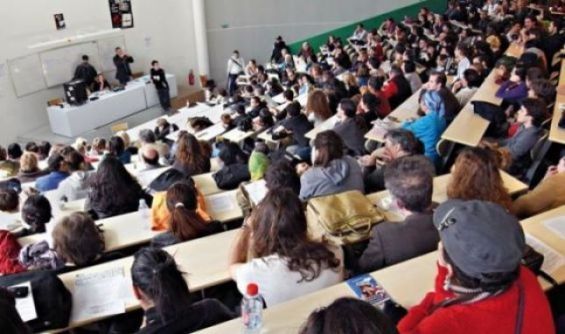Moroccan students, particularly scientific ones, extensively use digital tools, which negatively influences their process of memorization, according to a new study conducted by researchers at Sidi Mohammed Ben Abdellah University in Fez. Entitled «Effects of Using Digital Tools on the Process of Memorization», the study has just been published by the International Journal of Emerging Learning Technologies.
Amine Hamzi, Noureddine Echantoufi, Jalal Khouna and Lotfi Ajana have looked at the duration of use of digital tools as an evaluable parameter. They thus attempted to «determine the link between this duration and the memorization process in order to determine the conditions for healthy and efficient usage».
To do this, they collected quantitative data obtained from a questionnaire from a sample of 374 scientific students, of which 71% are students of the Faculty of Sciences of Dher El Mehrez (FSDM) and 29% of the Ecole normale supérieure de Fès (ENS). These data were added to 72 interviews with scientific students who had already answered the questionnaire.
The conclusions of the study thus confirm an «intensive use of digital tools» which is becoming a trend, with a clear predominance of smartphones over laptops and tablets. «Almost half of students spend 18.75% of their free time using digital devices which are estimated to 1,440 hours per year», the four researchers pointed out.
Digital tools, storage and duration of use
The study shows that «there are no significant differences in the way digital tools are used when it comes to learning areas, since the majority of students use them first to search for information and then for its registration».
Nevertheless, «the results show that those digital tools can become increasingly important in the coming years, given the increasing scope of their use, precisely as an external memory» tool, the Moroccan researchers concluded.
Moroccan scientific students also tend to rely on digital tools to learn, «which negatively influences their memorization process, resulting in a low attentional capacity at the time of searching for an information».
Indeed, the researchers explain that «availability of information through these digital tools contributes to a superficial processing of information». «This in turn explains why the majority of students report that digital tools have a negative influence on memory and attention», according to the same source. The study explains that the use of digital tools has a direct influence on memorization as a learning process.
«The nature of influence depends on the duration of use, as it seems positive when the use is between 1H and 2H (moderate use). Nevertheless, it seems negative when this duration of use exceeds 2H».
To the four researchers, «the use of digital tools for a moderate duration is beneficial for the memorization process, while mass use seems detrimental to the memorization process».





 chargement...
chargement...













